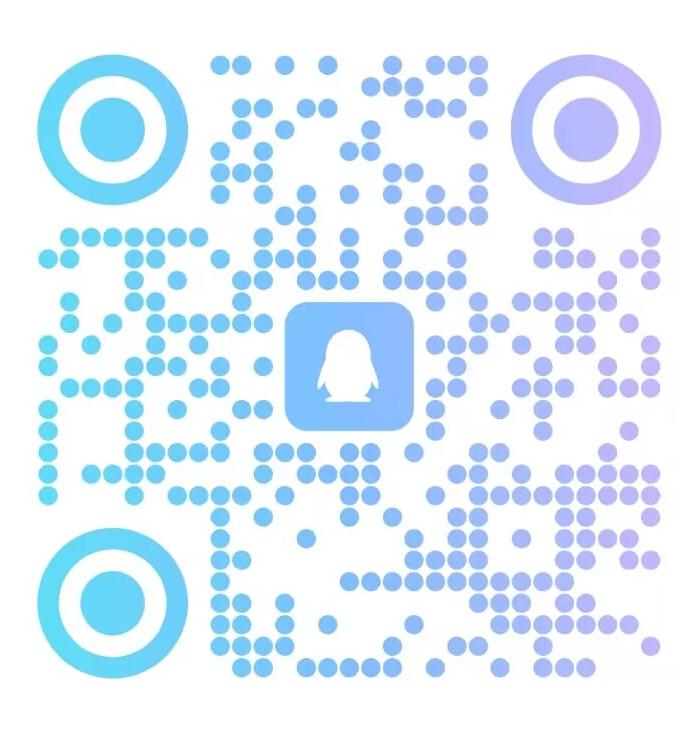QQ扫一扫联系

Questions 21 to 25 are based on the following passage.
People tend to be more impressed by evidence that seems to confirm some relationship. Thus many are convinced their dreams are prophetic (预言的) because a few have come true; they fail to notice the many that have not. Consider also the belief that “the phone always rings when I’m in the shower.” If it does ring while you are in the shower, the event will stand out and be remembered. If it doesn’t ring, that nonevent probably won’t even register (留下印象).
People want to see order, pattern and meaning in the world. Consider, for example, the common belief that things like personal misfortunes, plane crashes, and deaths “happen in threes.” Such beliefs stem from the tendency of people to allow the third event to define the time period. If three plane crashes occur in a month, then the period of time that counts as their “happening together” is one month; if three crashes occur in a year, the period of time is stretched. Flexible end points reinforce such beliefs.
We also tend to believe what we want to believe. A majority of people think they are more intelligent, more fair-minded and more skilled behind the wheel of an automobile than the average person. Part of the reason we view ourselves so favorably is that we use criteria that work to our advantage. As economist Thomas Schelling explains, “Everybody ranks himself high in qualities he values: careful drivers give weight to care, skilled drivers give weight to skill, and those who are polite give weight to courtesy,” This way everyone ranks high on his own scale.
Perhaps the most important mental habit we can learn is to be cautious (谨慎的) in drawing conclusions. The “evidence” of everyday life is sometimes misleading.r
In the first paragraph the author states that ________.
dreams cannot be said to be prophetic even though a few have come true
dreams are prophetic because some of them did come true
dreams may come true if clearly remembered
dreams and reality are closely related
By “things like...” “happen in threes” (Para. 3, Line 2), the author indicates that people believe ________.
personal misfortunes tend to happen every now and then
personal misfortunes, plane crashes, and deaths usually happen together
misfortunes tend to occur according to certain patterns
misfortunes will never occur more than three times to a person in his lifetime
Ten word “courtesy” (Para. 4, line 6) probably means ________.
good manners
appropriate speech
friendly relations
satisfactory service
What can be inferred from the passage? ________.
Happenings that go unnoticed deserve more attention.
In a series of misfortunes the third one is usually the most serious.
People tend to make use of evidence that supports their own beliefs.
Believers of misfortunes happening in threes are cautious in interpreting events.
It can be concluded from the passage that ________.
there is some truth even in the wildest dreams
one should take notice of other people’s merits
there is no order or pattern in world events
we should not base our conclusions on accidental evidence